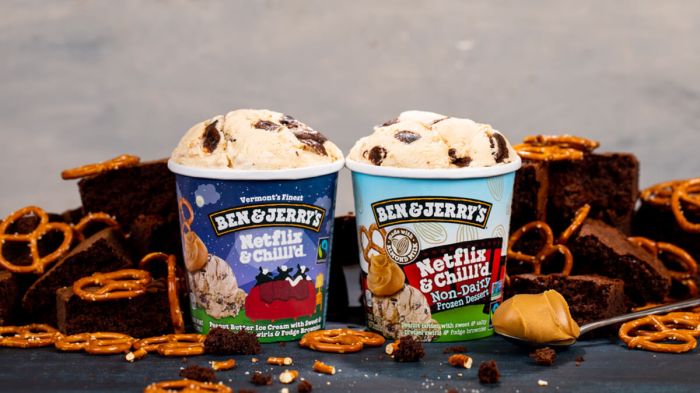What we eat took on major significance in 2014 as food’s role in health and environmental sustainability hit the headlines. We digested the year’s trends with NYU food studies associate professor Lisa Sasson. Kale sells out
We ate ourselves into not one but two shortages this year, and kale is primed to stay hot. “I think we’re gonna see more uses for kale — people are gonna go to frozen kale and have it all year round, and maybe more ways to incorporate kale in the diet.” Look for other cruciferous vegetables, especially cauliflower, to get their turn in the superfood spotlight. Gluten is not the enemy
No, you haven’t been secretly allergic to gluten all your life. “Certain people definitely have a disease where they need to avoid gluten, but it’s become a fad without scientific basis,” she says. “If you don’t eat bread and you don’t eat cookies or cake anymore, and you find you feel better and you actually lost weight, it’s not the gluten — it’s because you’ve eliminated from your diet what may have been the culprit of weight gain.” Coconuts were everywhere
The tropical fruit that has gone so long being used solely as a vessel for fruity frozen drinks had a breakout year. Its oil does double duty as a healthy cooking alternative and moisturizer, its water is supercharged with nutrients, and its sap has been distilled into the hot, new sweetener (just remember that sugar is still sugar). No other food worked as hard in 2014. Detoxing got hotter than ever – and it’s still a myth
“That word is so loaded, it sounds so ‘wow,’” says Sasson, dismissing cleanses as ridiculous. “There is no research to back them, and if anything they can be harmful because some people can eat unhealthily for a few days and think it’s OK because they can detox.” You’re better off getting enough fiber than starving yourself on a juice cleanse. Butter might not be terrible for you. Maybe.
The New York Times reopened the conversation about butter, but its reputation hasn’t been entirely redeemed. Sasson recommends continuing to use it sparingly. “It’s when everything you consume is swimming in butter and you eat a lot of other animal fats that it can be unhealthy.” Eating for millions: Gut health
Researchers are linking more and more health issues to an imbalance in gut bacteria, from mood disorders to obesity. To keep your microbiome thriving, Sasson advises getting your probiotics from naturally fermented products like cultured milk, sauerkraut and kimchi instead of supplements. “You can get a lot of really healthy bacteria from food.”


















